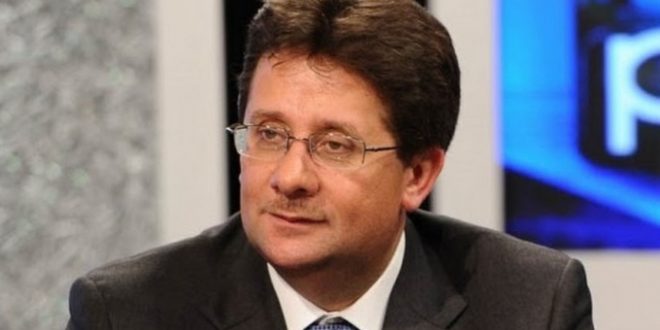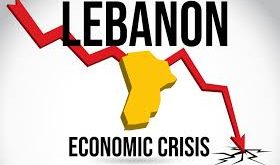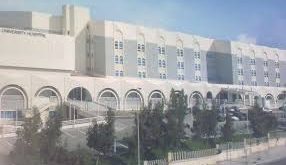Parliament’s Finance and Budget Committee Monday completed the first of two sessions to finalize Lebanon’s 2017 state budget.
“We’ve reached Article 50 [of the draft budget], and discussions will continue on this issue and other related topics,” Change and Reform bloc MP Ibrahim Kanaan told the press following the meeting. “We hope that other MPs will attend to have a complete turnout.”
The Finance and Budget Committee chair has previously blasted lawmakers for not attending committee meetings.
“We distinguish between companies and citizens when discussing tax policy,” Kanaan said, adding that a key component of the discussions is “taking the impact of the citizen into consideration” when discussing tax reforms.
He also reiterated his concerns of the inclusion of tax reforms in the state budget. “Tax policies are not supposed to be included in the budget,” Kanaan said at the news conference. “They should be discussed separately in Parliament.”
Kanaan also announced that agricultural workers who “invest in public water” for irrigation will be exempted from a LL500,000 ($330) fee, which was initially proposed in the budget.
The MP also said that the committee agreed in principle to increase the fees on the use of public properties all over the country.
The committee has been meeting daily since last week to run through the 2017 draft budget by the article.
In April, the Cabinet referred the country’s first fiscal plan in 12 years to Parliament. Lebanon has not ratified a state budget since 2005, leading to extrabudgetary spending in the billions of dollars.
Parliament’s final ratification of the 2017 draft budget is seen as crucial for bringing state finances under control and shoring up the battered economy, burdened by more than $74 billion in public debt.
But the private sector has warned that any increase in taxes to finance the salary scale would harm the economy, especially since GDP growth remains less than 2 percent.
Kanaan did not give a deadline for the ratification of the draft budget and proposed taxes, insisting that this depends on the will of the lawmakers to conclude the debate in a short period of time.
 Lebanese Ministry of Information
Lebanese Ministry of Information



